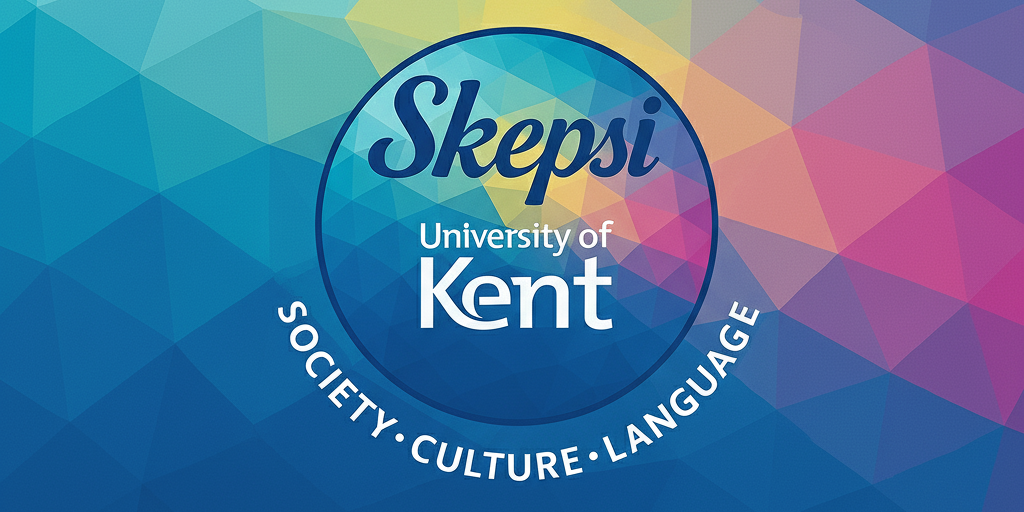Skepsi is a peer reviewed online journal and magazine based in the Language Centre at the University of Kent. It was founded in 2008 by research students and has since grown into a dynamic platform for publication for postgraduate and undergraduate students.
The Skepsi magazine is open to submissions for students at undergraduate level and above. It publishes creative writing, blog posts, and short pieces of academic research.
The Skepsi journal is run by PhD/MA candidates, with the support of established and early career academics, and commits to publishing the work of postgraduate students and emerging scholars.
Skepsi was born from a common will to create a forum for researchers enabling them to share their ideas and to express their academic skills in a context of enthusiastic exchanges. It thus aims at enhancing academic research with a dynamic and collective spirit.
Our title, Skepsi – which originally means “thought” in ancient Greek – symbolizes our will to explore new areas and new methods in the traditional fields of academic research in the Humanities and Social Sciences. Originality and creativity in the approach of thought and of texts are crucial for us: to enhance and to promote these aspects will be our contribution to the tremendous range of existing academic publications. Students and early career researchers willing to participate in this adventure – as authors of articles and/or as peer reviewers – are very welcome and invited to contact us via email (see email contacts in sidebar).
